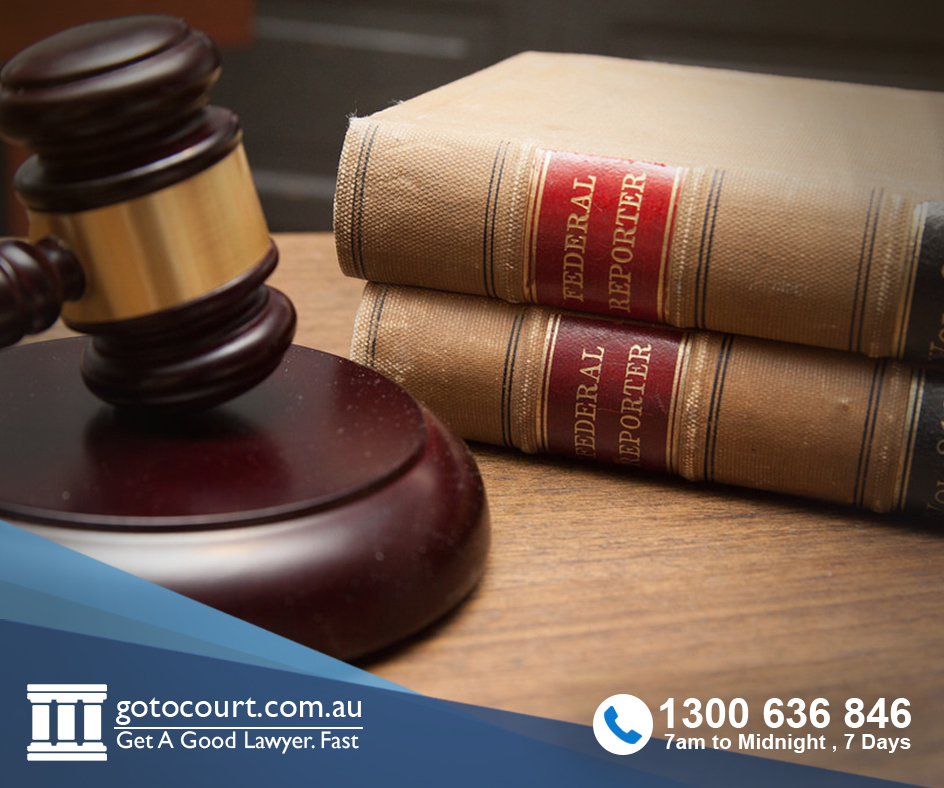Court Hierarchy in Tasmania
Tasmania has two levels of state courts: the Magistrates Court and the Supreme Court. Unlike other mainland jurisdictions, Tasmania does not have an intermediate court division such as a District Court or County Court. In addition, Tasmania also hosts commonwealth courts such as the Federal Circuit and Family Court of Australia (FCFCOA). This article explains the court hierarchy in Tasmania.
Federal matters
Under the Australian constitutional system, executive, legislative and judicial powers are shared between the Commonwealth and the states and territories. Certain courts are responsible for hearing particular types of legal matters. For example, the FCFCOA deals with family law issues as it is under the jurisdiction of the federal parliament and the Family Law Act 1975 (Cth). Additionally, criminal offences under federal laws are largely heard in this federal court. Both civil and criminal matters can be heard (by leave) in the High Court of Australia, the ultimate court in the Australian hierarchy.
Tasmanian state courts
Any disputes or offences that are governed by state law are heard in a Tasmanian court. Most jurisdictions in Australia have three levels of courts: Local Magistrates Courts, District or County District Courts, and Supreme Courts. In Tasmania, there are only two levels of court hierarchy, the Magistrates Court and the Tasmanian Supreme Court.
The Magistrates Court
There are currently four Magistrates Courts in Tasmania, located in Hobart, Burnie, Devonport and Launceston. These permanent courthouses are supplemented by circuit courts that travel to remote regional areas of Tasmania. Magistrates Courts finalise:
- Civil cases on matters up to $50,000; and
- Summary offences where the defendant does not have a right to trial by jury;
The lack of an intermediate court means that civil matters of a relatively low value (that is, greater than $50,000) are heard in the highest state court.
Committal hearings
The Magistrates Court “commits” criminal matters that are too serious to be finalised in front of a magistrate to the Supreme Court. The Magistrates Court previously held its own committal proceedings to establish whether there was sufficient evidence to warrant a trial. Amendments to the Justices Act 1959 (Tas) abolished this process and required that every defendant who pled “not guilty” to serious indictable offences to be committed for trial in the Supreme Court. The new committal hearing in the Magistrates Court is a formal procedural step and no longer involves an examination of the merits of the case.
The Magistrates Court
Summary criminal offences and indictable offences that are being dealt with summarily are finalised in front of a single magistrate.
There is a Youth Justice division of the Magistrates Court. This division hears cases involving alleged offenders who are under the age of eighteen. One Magistrate hears all youth justice matters to facilitate consistency and allow the judge sufficient time to deal with the specific problems faced by many young offenders. The Youth Justice Court provides more intensive supervision for the specialist case list for young offenders with mental health problems, abuse issues or other problems that the court might address during sentencing.
There are also specialist tribunal divisions of the Magistrates Courts that hear matters relating to land use, workers’ compensation, professional conduct and anti-discrimination.
Supreme Court
The Supreme Court of Tasmania is the oldest supreme court in Australia. It sits at the top of the state court hierarchy in Tasmania. The Supreme Court is composed of a maximum of seven judges appointed by the Governor on the Executive Council’s advice. The Chief Justice leads a bench of six other judges, with an Associate Judge (previously called the Master) who is responsible for some civil and criminal procedural matters, such as calculating damages in civil proceedings.
Except where excluded by specific statutory provisions, the Supreme Court has unlimited jurisdiction over civil law matters in the state. The court also has exclusive jurisdiction over all criminal cases under Tasmanian law. In some circumstances, the Supreme Court also has non-exclusive jurisdiction over federal criminal and civil matters arising in the state. The ordinary sittings of the Trial Division of the Supreme Court occur in Hobart, Burnie and Launceston. The Appeal division sits only in the state capital of Hobart.
Appeals
The appeal division of the Supreme Court is known as the “Full Court” when it hears civil matters and the “Tasmanian Court of Criminal Appeal” when it sits to hear criminal matters.
Appeals from the Magistrates Court are heard by one justice of the Supreme Court. A further appeal can be filed for hearing before the full bench of the Supreme Court of Tasmania. Decisions of the full bench may only be appealed to the High Court of Australia.
Our team of experienced solicitors can answer any further questions you have about the court system in Tasmania. Please contact our offices or call 1300 636 846 for any legal advice or representation.








